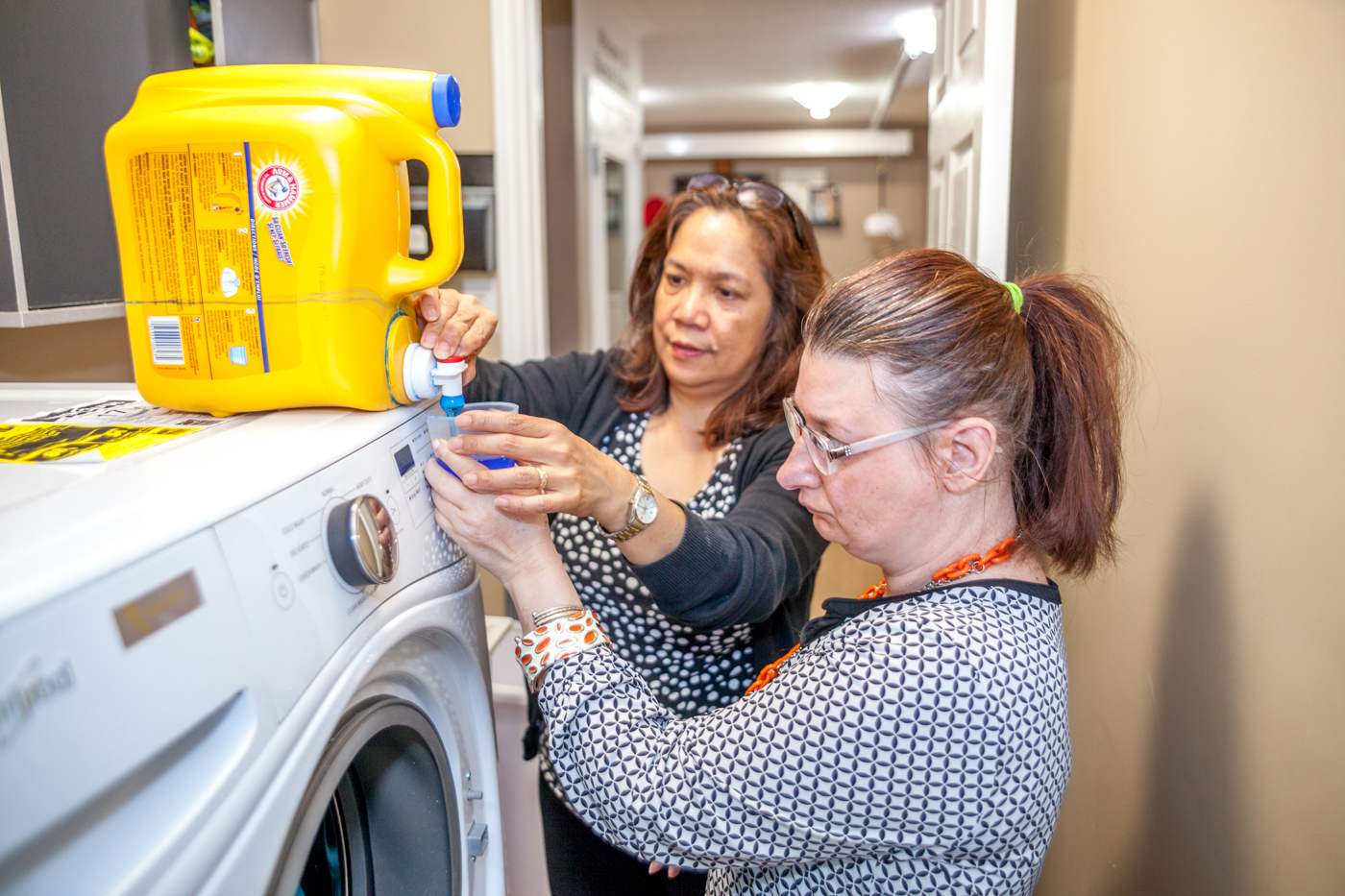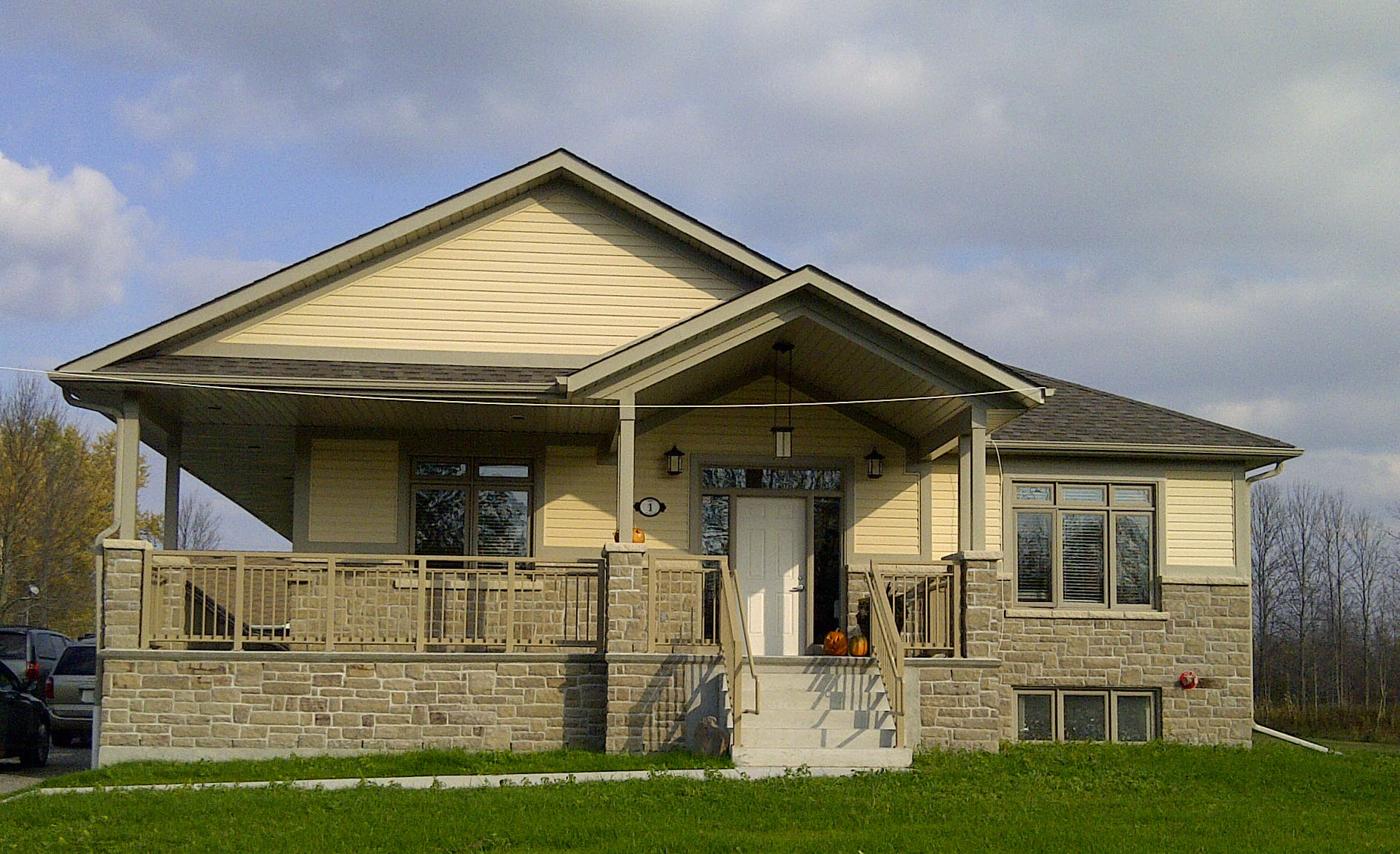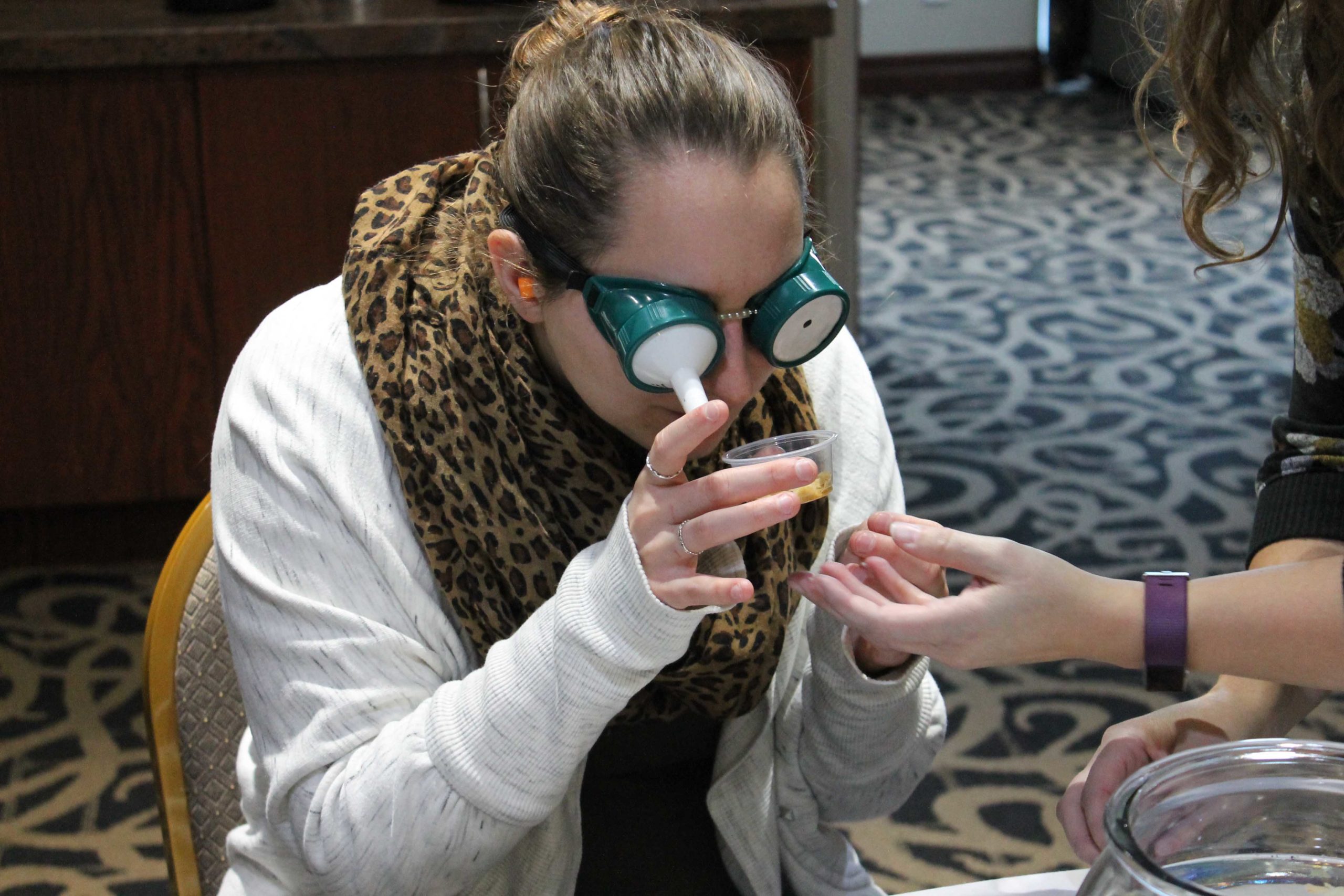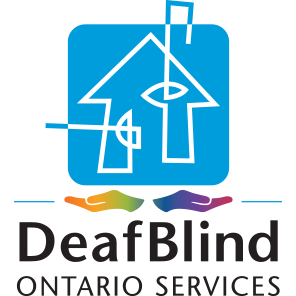Our Services

DeafBlind Ontario Services takes a holistic approach to providing an array of services that are customized to each individual’s unique needs, method of communication, and goals to enrich their life.
Our team of professionals assist people with communication, empowering them to live their best lives and achieve greater independence. This specialized support team is the backbone of our highly regarded service model, providing a holistic approach to each individual’s personal plans so they can achieve their goals and aspirations. This dedicated team is unique in the sector and part of what sets DeafBlind Ontario Services apart in our field.
DeafBlind Ontario Services is a leader in the field with programs in remote communities and urban centres across the province.
Supported Living Homes:
Supported living homes provide accessible, barrier-free, affordable housing and access to support services 24/7.

Community Services:
- Partnerships offers specialized expertise and services to people who are deafblind through their supporting agency.
- Bridge (Sensory Loss Communication Training) provides customized training opportunities for organizations that support people with a sensory loss and/or communication challenges.
- Tremplin focuses on community involvement during the day while allowing for participants to return home every night.
- Supported Independent Living (SIL) for people who are deafblind, as well as those living with a developmental disability who are Deaf, hard of hearing or use non-traditional forms of communication and live semi-independently with minimal support.
- Long Term Care (LTC) provides communication support services to persons who are deafblind, as well as those living with a developmental disability who are Deaf, hard of hearing or use non-traditional forms of communication living in LTC or other health care settings. This ensures people continue to have access to supports in their language or preferred mode of communication.



